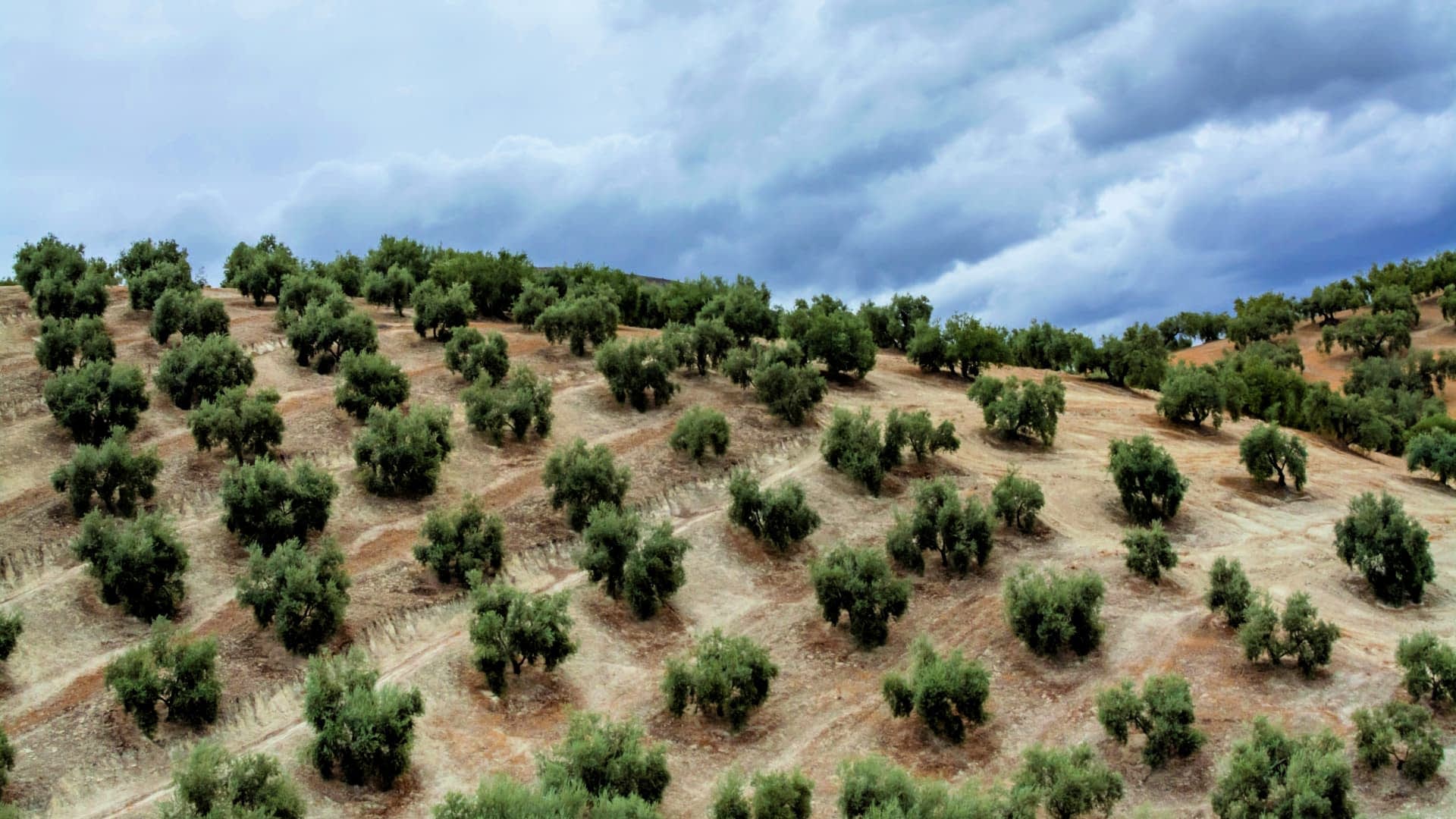Olive Oil Production in Europe Expected to Reach 1.5M Tons in 2023/24

The European Union predicts that olive oil production in the 2023/24 crop year will be 1.5 million tons, impacting prices due to below-average harvests and market scarcity. This is expected to result in reduced consumption in the E.U., with prices reaching record highs in major olive oil-producing regions.
European Union officials estimate that the nine producing countries of the 27-member bloc will yield 1.5 million tons of olive oil in the 2023/24 crop year.
As a result of another below-average harvest and current market scarcity, olive oil prices are likely to remain high. According to the European Commission’s short-term agricultural outlook report, these conditions will significantly impact olive oil consumption in Europe.
If the E.U.’s estimate comes to fruition, production in the 2023/24 crop year would be 9 percent above the historical low of the previous season, when 1.384 million tons were produced. Between 2017/18 and 2021/22, the E.U. produced an average of 2.13 million tons of olive oil annually.
See Also:2023 Harvest UpdatesOfficials in Brussels noted how three of the bloc’s four major olive oil-producing countries faced challenging harvests, with Italy being the exception.
Italian groves benefited from abundant rainfall in the spring, which negatively impacted flowering in several regions but helped sustain olive production in the country’s south. Meanwhile, growers in Spain, Portugal and Greece faced a hot and dry spring.
Summer did not go much better in Spain and Portugal, as the effects of some rainfall were curtailed by heatwaves and conditions favoring olive fruit fly and pest infections.
The E.U. expects Greece’s olive oil yield to drop 20 percent in the 2023/24 crop year as the country enters an ‘off-year’ in the alternate bearing cycle of the olive trees.
On top of reduced production, the E.U. also faces low olive oil stocks. According to Brussels, the new crop year began with only 307,000 tons. By comparison, the E.U. started the previous one with 670,000 tons of olive oil.
The E.U. supply is expected to be partially sustained by 160,000 tons of olive oil imports, a volume highly dependent on Tunisia, where olive oil production is expected to rebound.
Even so, the E.U. predicts that the olive oil market will remain tight, resulting in rising prices well into next spring.
According to the report, extra virgin olive oil prices in Jaén, Spain, the world’s largest olive oil-producing region, reached €820 per 100 kilograms at the end of August, the highest value ever recorded and nearly three times higher than the average of the last five years.
Prices for virgin olive oil and lampante olive oil have followed a similar trend.
Rising olive oil prices paired with lower production are expected to impact E.U. olive oil exports in the upcoming months negatively.
According to the report, exports have dropped 40 percent between April and June 2023 compared to the previous year, while shipments abroad between October 2022 and June 2023 fell by 23 percent.
According to Brussels, record-high olive oil prices are also impacting consumption in E.U.’s non-producing countries, which are expected to drop to 280,000 tons in the current crop year from 290,000 tons in the previous one.
In the four main producing countries, consumption is expected to decrease from 1.02 million tons in 2022/23 to 950,000 tons in 2023/24. Overall, E.U. olive oil consumption is expected to drop by six percent.









